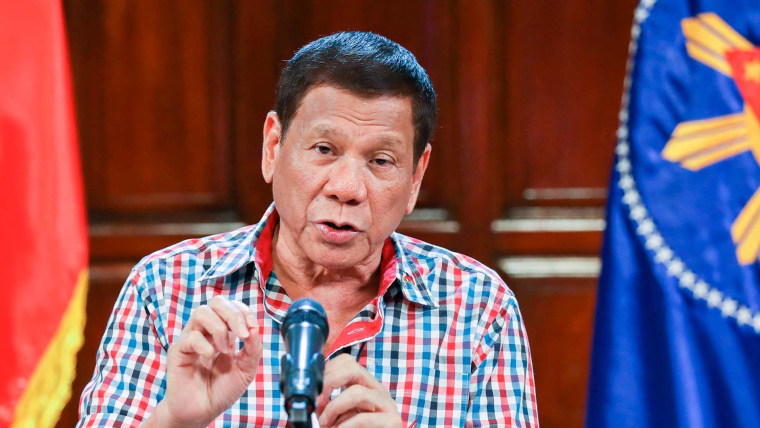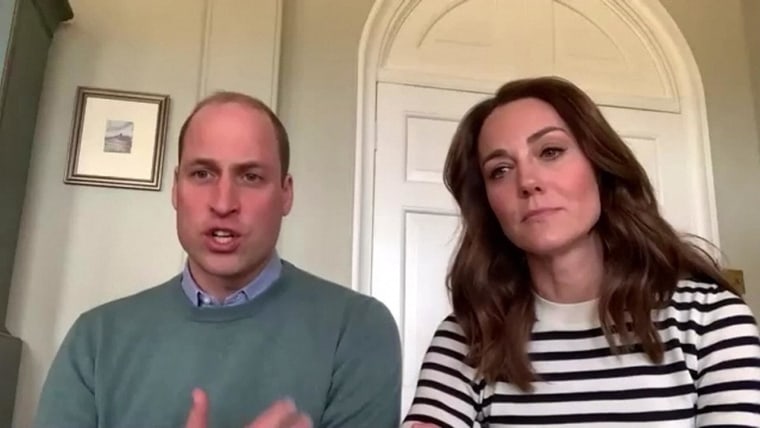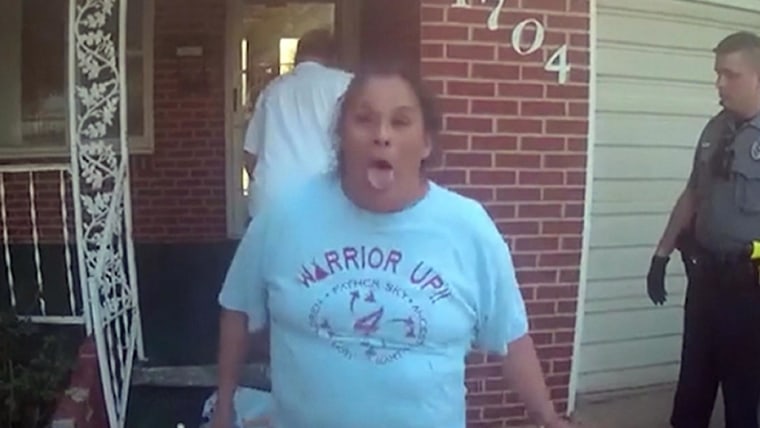London Mayor calls on U.K. to change advice on face masks
London Mayor Sadiq Khan reiterated his calls for face masks to be worn “if you really can’t stay at home” on Friday. The U.K. is “an outlier” in not following the recommended health policy, he said.
“The government’s advice should change so that in those circumstances where it is not possible for us to keep our social distance — think of public transport usage, think of when you’re in a shop — we should be using non-medical facial coverings like bandanas, like scarves, like reusable masks,” Khan told BBC Radio on Friday.
The U.K. extended its lockdown for three more weeks on Thursday until at least May 7, as concerns grow Britain that the crisis was far from abating.
Coronavirus testing must double or triple before U.S. can safely reopen, experts say
Testing for the coronavirus would have to be at least doubled or tripled from its current levels to allow for even a partial reopening of America’s economy, public health experts say, but it is unclear how soon such an ambitious goal could be reached amid persistent shortages of testing supplies and a lack of coordination from the Trump administration.
Without diagnostic testing on a massive scale, federal and state officials and private companies will lack a clear picture of who has been infected, who can safely return to work, how the virus is spreading and when stay-at-home orders can be eased, public health experts say
South Korea joins international effort to develop vaccine
South Korea is working with the International Vaccine Institute to create clinical trials for a COVID-19 vaccine, Kwon Joon Uk, the deputy director-general of the Korea Centers for Disease Control said in a briefing Thursday evening.
“The first clinical trial in South Korea will comprise of about 40 people and the second clinical trial will involve about 160 people,” he said. The government will also be launching a group on Friday for research and development of COVID-19 vaccine, treatments, test kits and other related materials.
“Currently, the final negotiations between respective medical entities remain but we cautiously speculate that the clinical trials could start from June,” Kwon said.
South Korea has earned praise for largely managing to bring its epidemic under control thanks to an extensive testing campaign and intensive contact tracing. As of Friday, it has reported about 10,000 confirmed cases.
Outbreak hits China’s economy harder than anything since 1970s
China suffered its worst economic contraction since at least the 1970s in the first quarter as it fought the coronavirus, and weak consumer spending and factory activity suggest it faces a longer, harder recovery than initially expected.
The world’s second-largest economy shrank 6.8 percent from a year ago in the three months ending in March after factories, shops and travel were closed to contain the infection, official data showed Friday.
That was stronger than some forecasts that called for a contraction of up to 16 percent but China’s worst performance since before market-style economic reforms started in 1979.
Wuhan, where COVID-19 epidemic began, raises death toll by 1,290
The government in the Chinese city of Wuhan added 1,290 people to its COVID-19 death toll, bringing the number of deaths there now to 3,869.
Those deaths initially weren’t counted because of overwhelmed medical facilities early in the epidemic and some patients died at home without being treated at hospitals, State media Xinhua reported
There was also belated and mistaken reporting by medical staff amid the height of the epidemic, according to the news agency. Some medical institutions were not linked to an epidemic information network and failed to report data in time, Xinhua said.
Wuhan is the Chinese city where the coronavirus was first detected and where the outbreak that is now a global pandemic began. The new numbers were released by the city’s government.
China’s National Health Commission had most recently reported 3,342 deaths linked to COVID-19 on the mainland, but that was before the revision in deaths in Wuhan.
Philippine president threatens martial law-style lockdown enforcement
MANILA, Philippines — The Philippine president has threatened a martial law-style enforcement of a monthlong lockdown in the main northern region of millions of people as violations soared.
President Rodrigo Duterte said in a late-night televised speech Thursday he would order the military and police to strictly enforce social distancing and curfews if compliance did not improve. Police said they have accosted about 120,000 quarantine violators since last month, including people who engaged in cockfighting and drinking sprees.
“The police and military will enforce social distancing and curfews. They will. It’s like martial law. You choose. I don’t like it,” Duterte said, but added that he may be forced to “if the country gets compromised and you won’t show discipline.”
Duterte, who took office in mid-2016, has been in the crosshairs of human rights groups long before the pandemic started for his bloody anti-drugs crackdown that has left thousands of mostly poor drug suspects dead.















